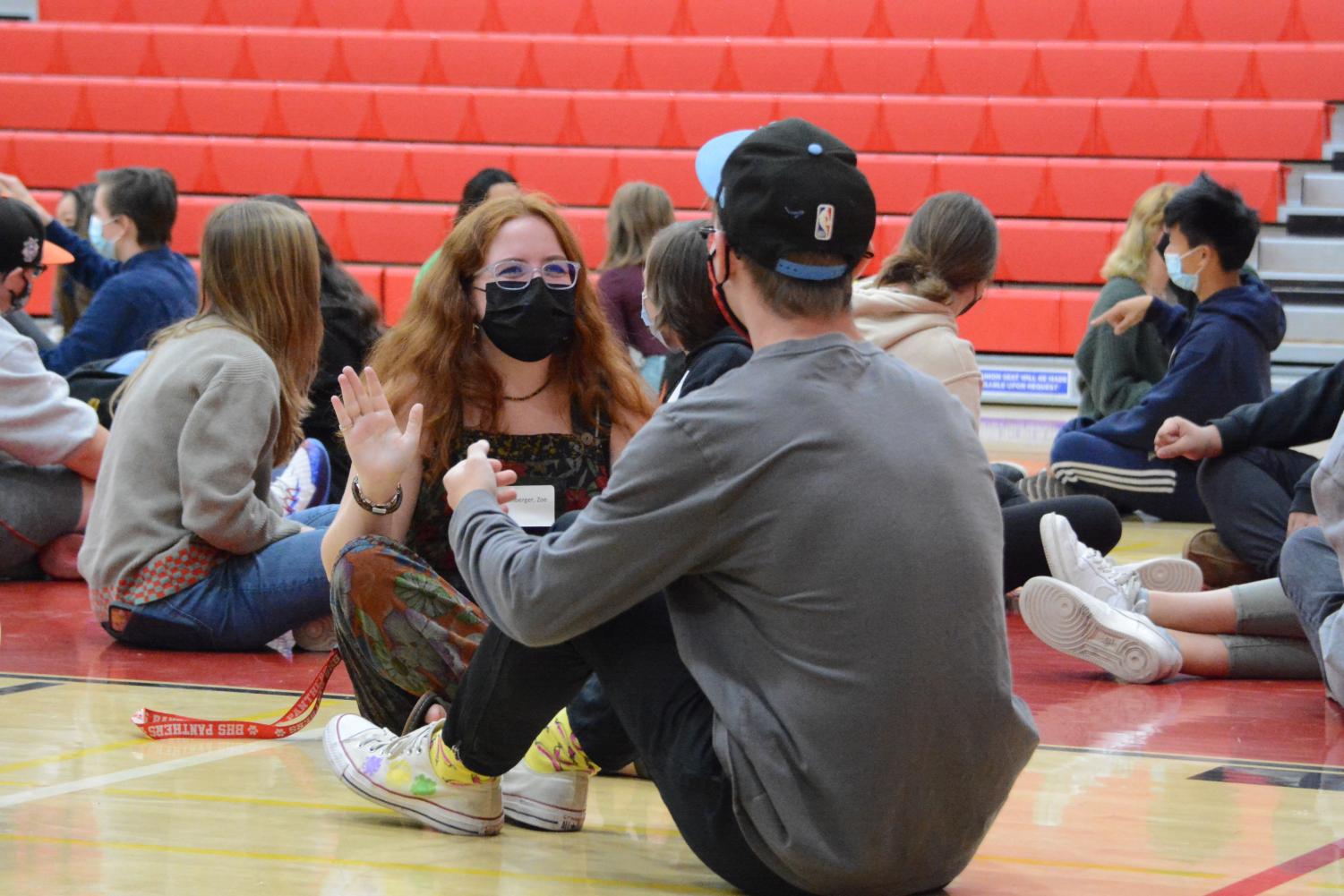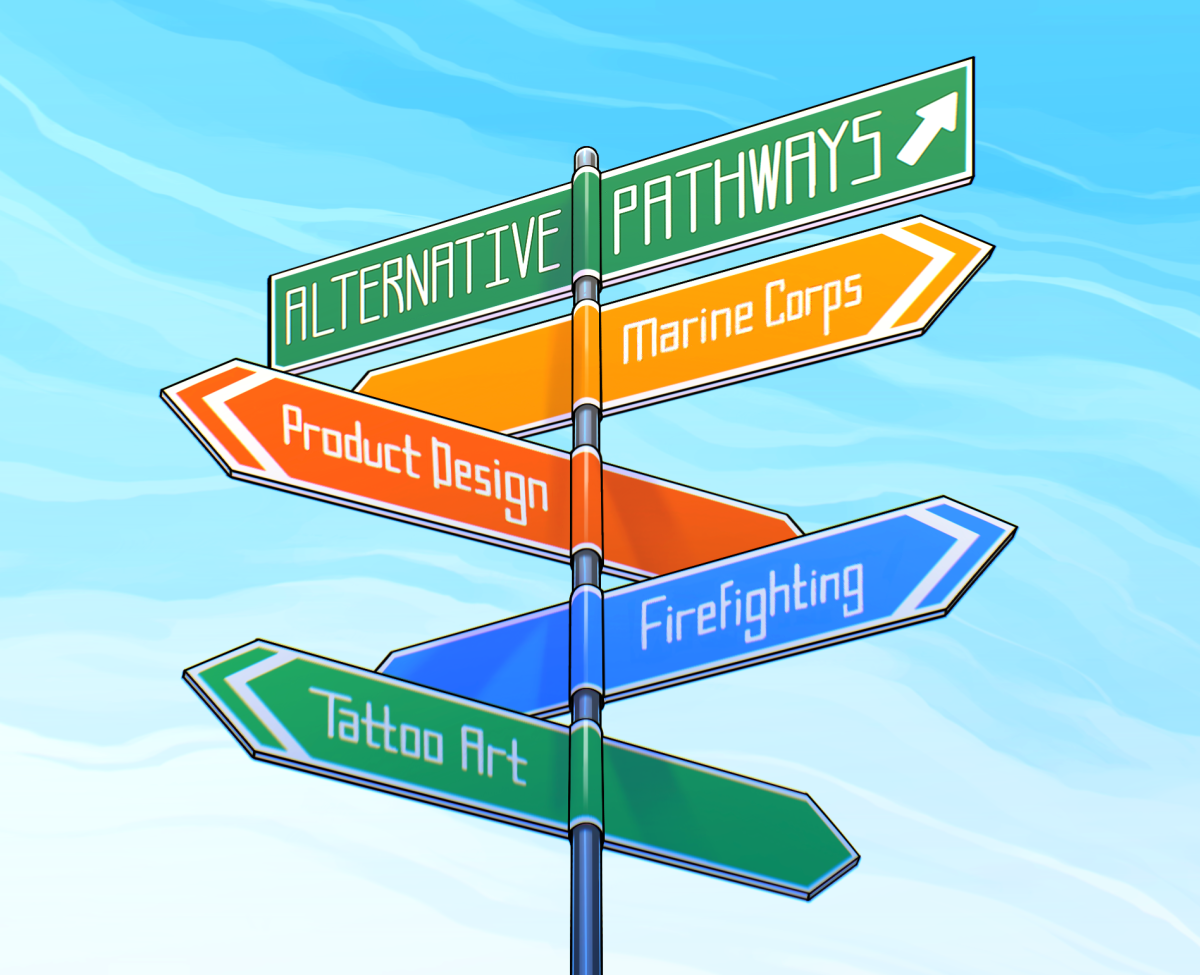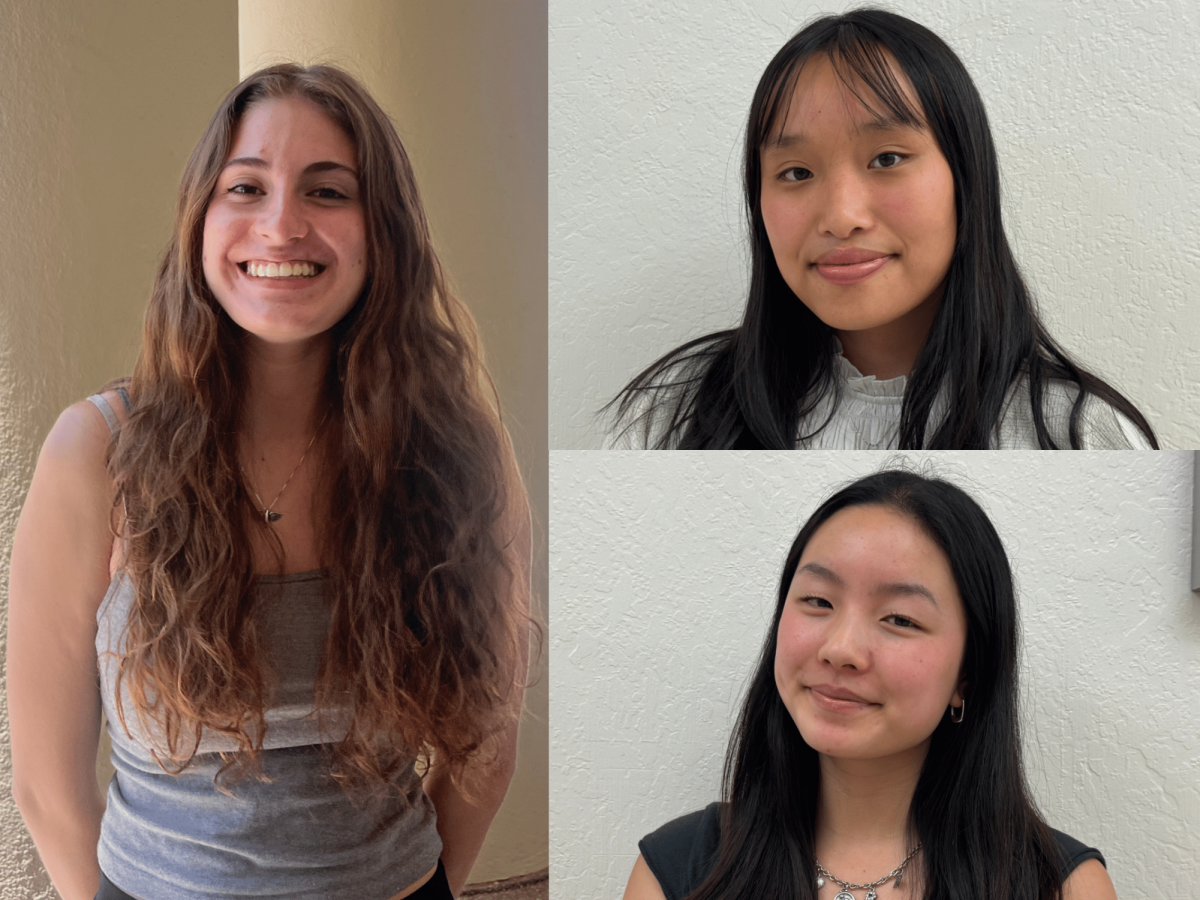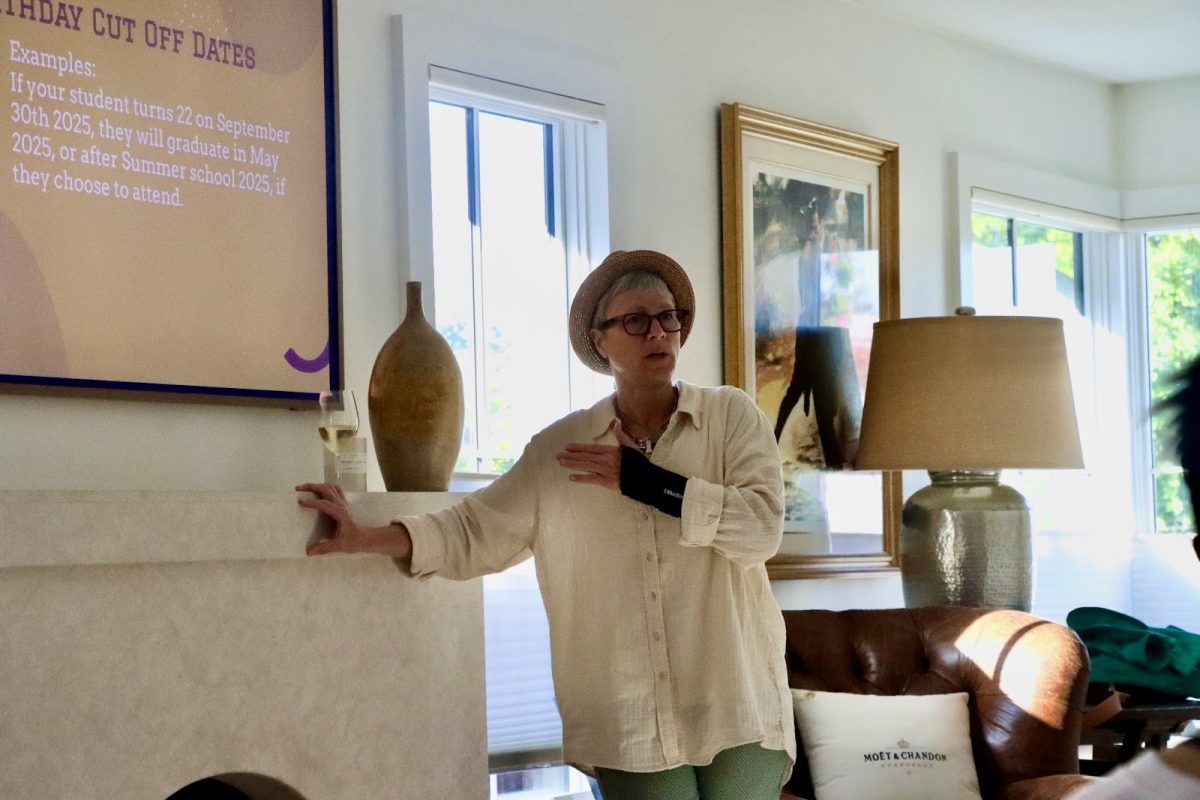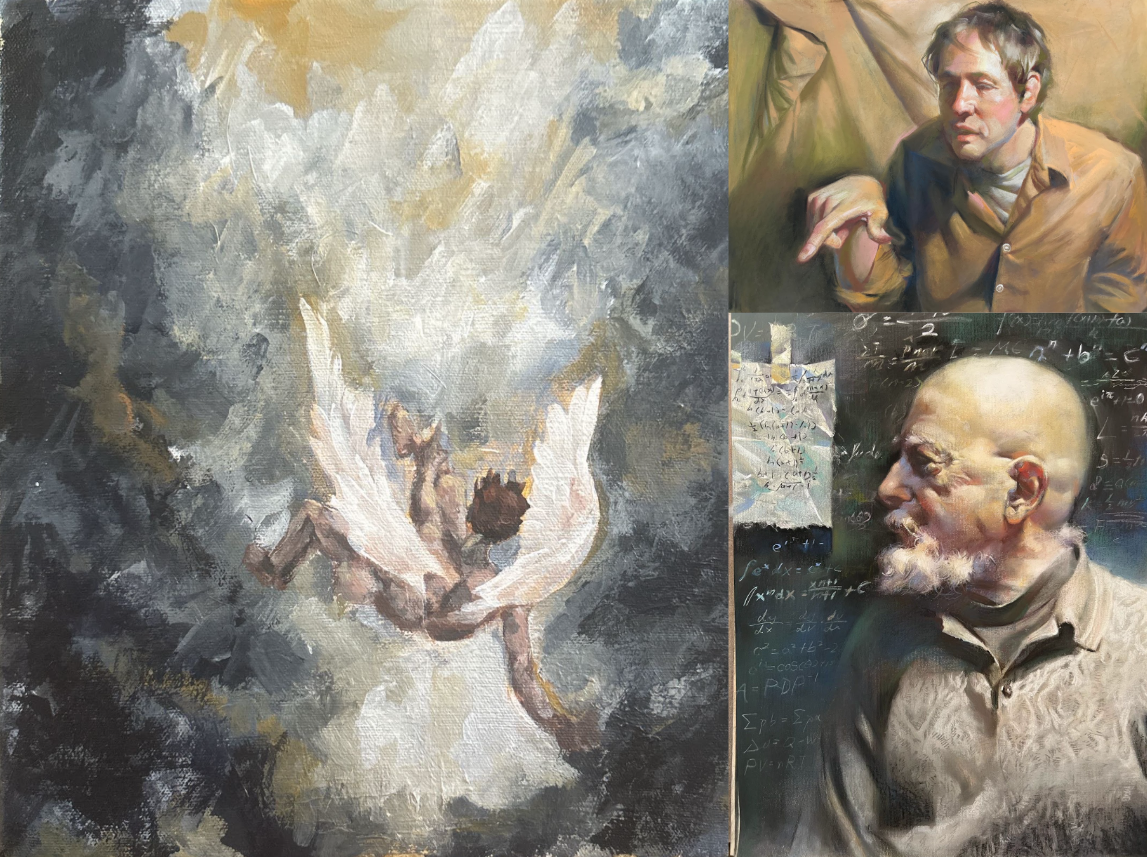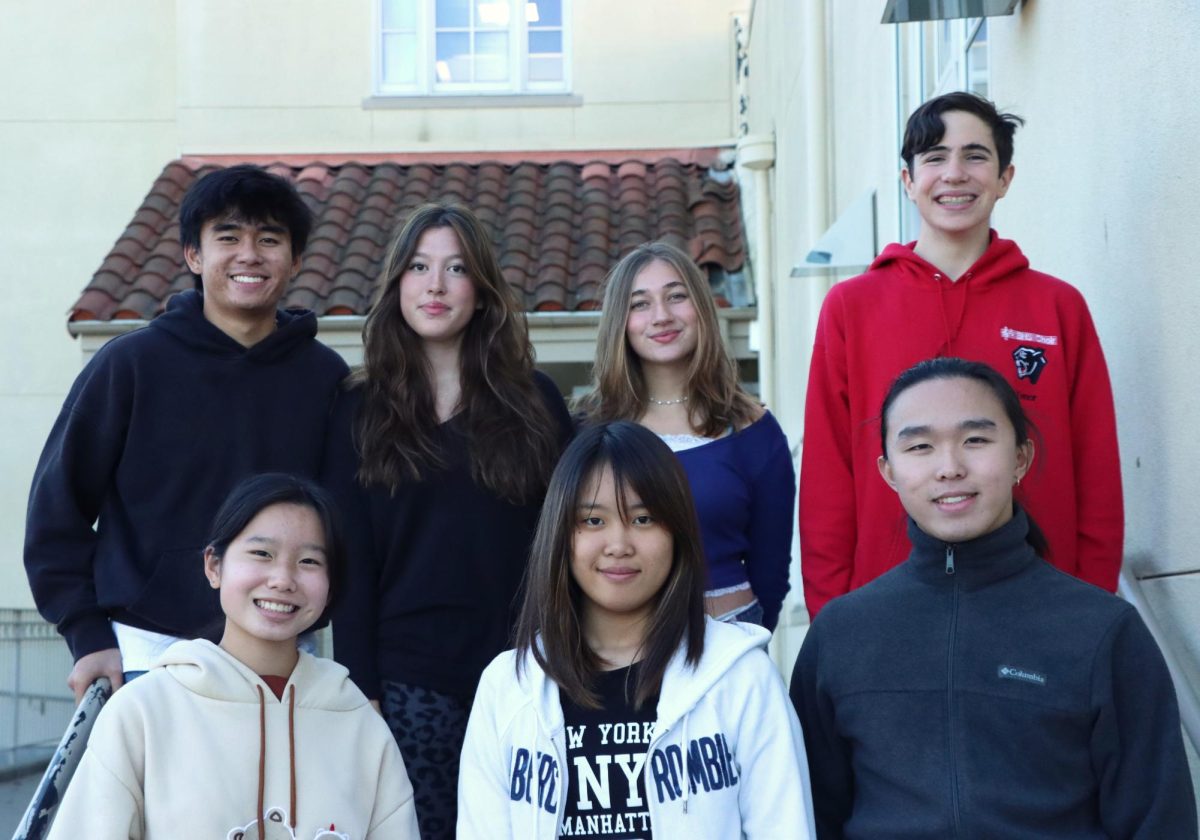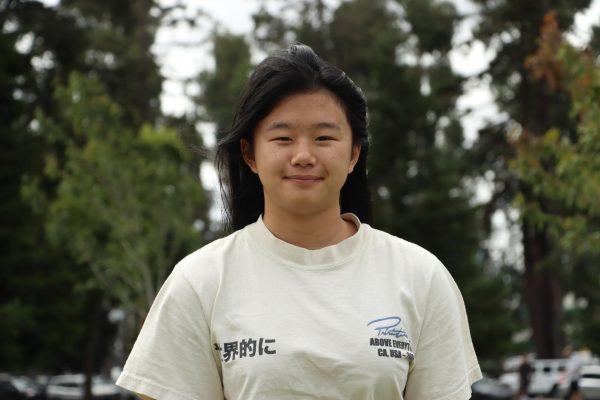“It’s hard to hate someone whose story you know.”
That’s the main catchphrase — and spirited mantra — of Breaking Down the Walls (BDTW), a community-building program returning to campus from Sept. 23 to 27 at the Burlingame Recreation Center. The initiative, hosted by Ignite 2 Unite, aims to foster connection through shared stories and new perspectives. The six-hour event, mandatory for underclassmen and new upperclassmen, starts with light icebreakers before gradually moving into more personal and vulnerable discussions.
Dean Nicole Carter first brought BDTW to Burlingame five years ago during the 2019-20 school year. Since then, activities director Erik Bennett and leadership advisor Bethany Li have brought the program back twice, making this Burlingame’s fourth time participating. After consulting with the Parents Group, which funds the program through the Excellence Fund, Principal Jen Fong decided to make BDTW a biennial event to promote inclusion within the school community.
“In my first year [2022-23], we did have some racially charged graffiti and that presence caused us to have numerous conversations about hate speech and inclusivity and diversity on campus,” Fong said. “And there was a desire to bring some program that would, in a very meaningful way, help students to engage in significant conversations about the differences among us.”
For senior Emmett Kliger, the hate on campus was also the reason why he stepped up to be a student leader during the event.
“There was so much hate and bigotry going on on campus that I think our school really needed … a refresher,” Kliger said. “There were swastikas and hateful writing almost every week that year. So I wanted to be able to be a part of something where I could say ‘You know what, this isn’t who we are as a community [and] campus.’ I think [BDTW] really gave me that opportunity to do so.”
Although instances of hate were not completely eradicated, Kliger thinks that BDTW helped bring more awareness to these issues and is a step in the right direction.
“[BDTW] definitely didn’t solve [the hate issues], but it definitely helped,” Kliger said. “I think that’s the mindset that we’re going to have when it comes to things like this. Nothing will ever be a miracle cure and nothing will ever be perfect. But it’s all about taking small steps and changing how a community thinks and how a community mindset can evolve.”
By allowing people to understand other perspectives, BDTW has also allowed many participants, like senior Edy Knight, to form new friendships and connections.
“[My favorite part was being] able to see how everybody else related to each other, to relate to people you thought you had nothing in common with or connect [with] on a deeper level,” Knight said.
Fong hopes that by structuring the program in smaller groups, students will gain a sense of emotional maturity through deeper conversations.
“In a public setting, like school, people put on a facade,” Fong said. “They pretend [they’re] a totally healthy, happy individual. The reality is, they’re having some struggle at home, and maybe they come to school [as] a distraction. But when you finally open up to your friend, [and] you find out they have the same struggle, a lot of times that is a bonding point for you to have a very strong friendship.”
She hopes that these connections can help students realize that they’re not alone and that they have community to fall back on.
“You realize you’re not alone, and you can get help just by having a friend that’s that knows,” Fong said. “For example, my mother passed away this year. So some people when they share their condolences, they’re like, ‘Oh, my mother passed away two years ago.’ I know they understand what I’m going through, because they’ve experienced it, and so I feel some community with them. So I hope that students will share enough that you’ll feel like you have [a] community.”
A defining feature of BDTW is that both students and faculty participate, aiming to create a more unified and inclusive community.
“We are a community, obviously of students, but our community also contains staff [and] parents,” Fong said. “It’s going to be exciting for me to do that and for the other staff, because we want you to see us as humans, not just as staff members.”
Students like Knight feel that BDTW has helped them look beyond their initial judgments of their peers — aligning with the program’s core mission.
“[My biggest takeaway is] don’t judge a book by its cover,” Knight said. “Everybody’s going through something, and you shouldn’t just think they aren’t because they [might] make their life seem perfect.”




